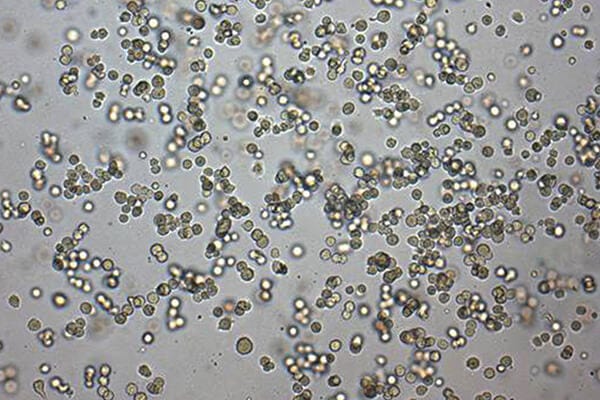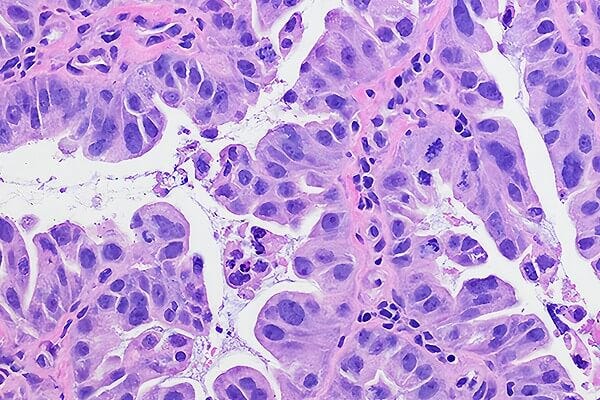In this study,we examined the effects of isoform-specific functional inhibitors of lysophosphatidic acid acyltransferase (LPAAT),which converts lysophosphatidic acid to phosphatidic acid,on multiple myeloma (MM) cell growth and survival. The LPAAT-beta inhibitors CT-32176,CT-32458,and CT-32615 induced textgreater95% growth inhibition (P textless 0.01) in MM.1S,U266,and RPMI8226 MM cell lines,as well as MM cells from patients (IC(50),50-200 nM). We further characterized this LPAAT-beta inhibitory effect using CT-32615,the most potent inhibitor of MM cell growth. CT-32615 triggered apoptosis in MM cells via caspase-8,caspase-3,caspase-7,and poly (ADP-ribose) polymerase cleavage. Neither interleukin 6 nor insulin-like growth factor I inhibited CT-32615-induced apoptosis. Dexamethasone and immunomodulatory derivatives of thalidomide (IMiDs),but not proteasome inhibitor PS-341,augmented MM cell apoptosis triggered by LPAAT-beta inhibitors. CT-32615-induced apoptosis was associated with phosphorylation of p53 and c-Jun NH(2)-terminal kinase (JNK); conversely,JNK inhibitor SP600125 and dominant-negative JNK inhibited CT-32615-induced apoptosis. Importantly,CT-32615 inhibited tumor necrosis factor-alpha-triggered nuclear factor-kappaB activation but did not affect either tumor necrosis factor-alpha-induced p38 mitogen-activated protein kinase phosphorylation or interleukin 6-triggered signal transducers and activators of transcription 3 phosphorylation. Finally,although binding of MM cells to bone marrow stromal cells augments MM cell growth and protects against dexamethasone-induced apoptosis,CT-32615 induced apoptosis even of adherent MM cells. Our data therefore demonstrate for the first time that inhibiting LPAAT-beta induces cytotoxicity in MM cells in the bone marrow milieu,providing the framework for clinical trials of these novel agents in MM.
View Publication


 EasySep™小鼠TIL(CD45)正选试剂盒
EasySep™小鼠TIL(CD45)正选试剂盒




